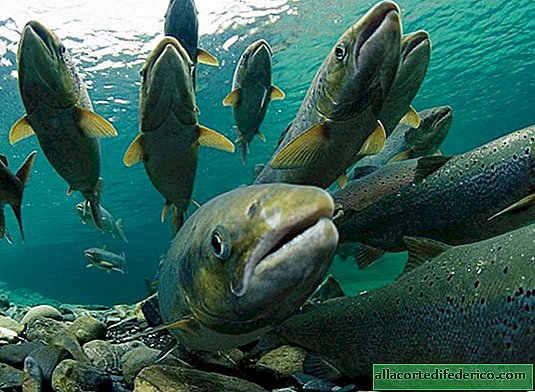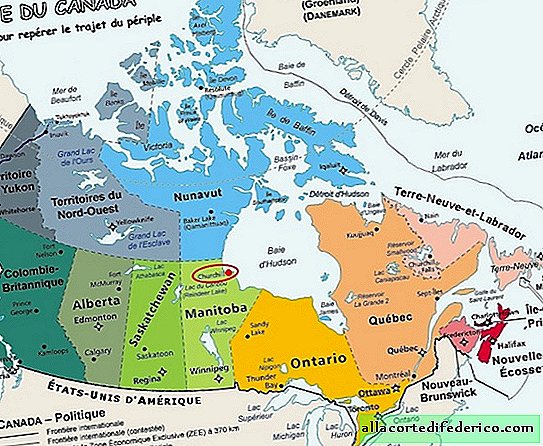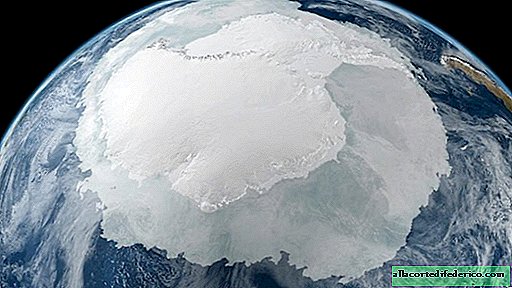How China, India, and Malaysia forced Britain to recycle its garbage
The UK, along with other developed countries, has long been practicing separate waste collection. The population of this country carefully sorts the generated household waste, which, as most of the British are convinced, are subsequently sent for processing and serve as secondary raw materials. But in recent months, a real garbage crisis has erupted in the country: landfills are already crowded, and the country's authorities are looking for ways to solve the problem. It turned out that all the sorted garbage has nowhere to go, and the waste processing facilities existing in the kingdom itself can not cope with the volumes. But why did local garbage recycling companies suddenly stop doing their job?
 The British have long been sorting garbage and strictly abide by the rules
The British have long been sorting garbage and strictly abide by the rulesThe thing is that the capacity of British recycling companies is not so great and they were never enough to process all household waste that is produced in the kingdom. But until recently, this problem was solved quite simply, although not quite nobly: the sorted waste was sent on a long sea voyage to Southeast Asia. So, for example, more than 60% of British plastic waste was exported abroad. About half of the collected waste paper was sent there. Developing countries, such as China, Malaysia, the Philippines, and several others, accepted waste from many European countries that practice separate waste collection, including Great Britain. By the way, the USA and Japan also sent their waste here.
But since 2017, China announced that it will accept only some categories of plastic, so most of the waste began to be sent to Malaysia, Indonesia, the Philippines and India. Soon, these countries began to gradually restrict the import of plastic waste into their territory, as the situation with the reception of waste turned into a real disaster for port cities.
As a result of the refusal of developing countries to act as a custodian and recycler from developed countries in the UK, an urgent need to seek new ways of disposing of waste. Disposable plastic bottles, food packaging and unusable plastic items now remain inside the country, accumulating in crowded landfills.
 One of the typical UK incinerators
One of the typical UK incineratorsThe current situation has benefited the waste industry. The country began to launch new waste processing facilities. In addition, lawmakers are looking for ways to ban plastic packaging in areas where it is possible to refuse it, and reusable packaging is becoming increasingly popular. Experts also note the growth of innovative developments in the field of recycling plastic waste, which, along with the above, will certainly have a beneficial effect on the economy and ecology of the UK. Let's hope that other countries will join the experience of Great Britain, and in those countries where they have not yet introduced a separate waste collection, they will think about the problems of plastic waste.

















